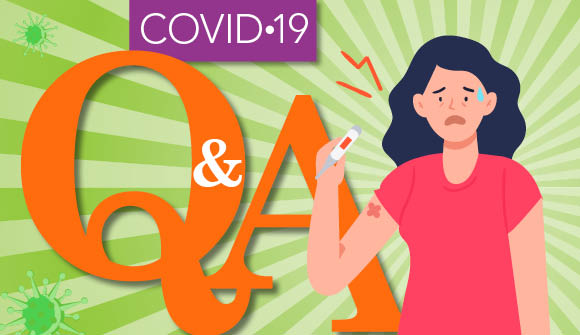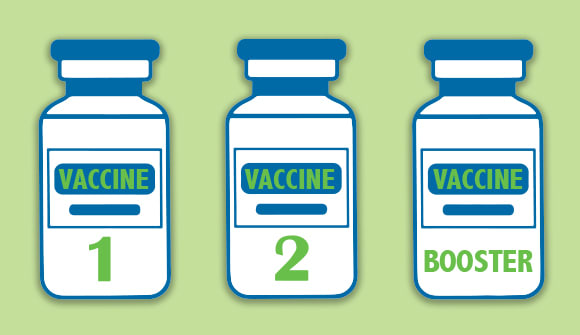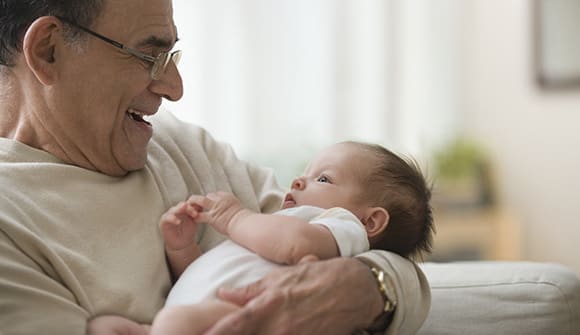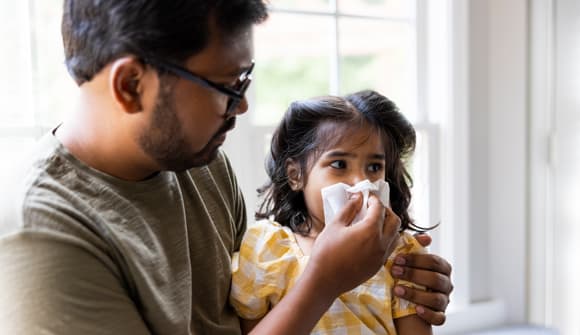Strong reaction
Why do some people have worse side effects from the COVID-19 vaccine than others?
Article Author: Johnny Woodhouse
Article Date:

If you’ve done your research about the COVID-19 vaccines, you’ve likely read about the side effects that often seem to follow.
Even presidential advisor Anthony Fauci, MD, one of the nation’s top medical experts, reported having nagging backaches after receiving his second dose.
“But it didn’t prevent me from coming to work. It got a little bit better the next day and by the following night, I was back to 100% normal,” Dr. Fauci said.
Mild to moderate side effects like fever, body aches, chills and fatigue are not only normal, but expected within a day or two of receiving the vaccine, according to the Centers for Disease Control and Prevention (CDC). Symptoms are even more common after the second dose of the two-dose Moderna and Pfizer vaccines.
“We feel those side effects because our bodies are building an immune response, which is what will protect us if we are exposed to the coronavirus,” said Elizabeth Ransom, MD, FACS, executive vice president and chief physician executive at Baptist Health. “Some people may have fewer side effects than others, but that doesn’t mean they are less protected from the virus. Everyone reacts differently to the vaccine.”
Is there any way to predict who may feel stronger vaccine side effects? There are a few indicators, including:
Sex: Historically, women tend to have stronger reactions to vaccines than men do. One study found that between 1990 and 2016, women accounted for 80% of all adult anaphylactic reactions to vaccines. However, women are also more likely to report vaccine side effects than their male counterparts, which could account for that number.
Age: Clinical trials have shown adults over 65 have had fewer and less severe side effects than younger adults (ages 18-49), whose
immune responses tend to be more robust.
Prior COVID infection: People who have previously had COVID-19 may have more severe side effects from the vaccine because their immune systems remember the virus and mount an even more effective response to it the second time around.
For those who do experience pain or soreness after receiving the shot, the CDC recommends placing a clean, cool, wet washcloth over the injection site. If you get a fever, dress lightly and be sure to drink plenty of fluids.
If you receive a COVID-19 vaccine and are experiencing signs of a severe allergic reaction (hives, swelling, or wheezing) after leaving the vaccination location, seek immediate medical care by calling 911 or going to the closest emergency center.
At Baptist Health, we want to help keep our community informed about COVID-19. For more information about COVID-19 vaccines as they become more widely available to the public, visit baptistjax.com/covid19vaccine.



